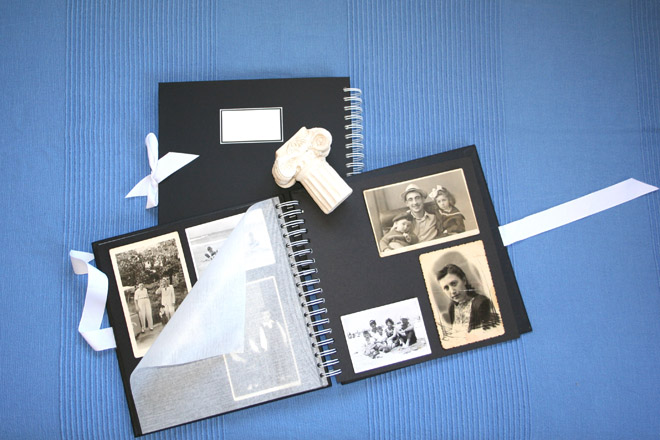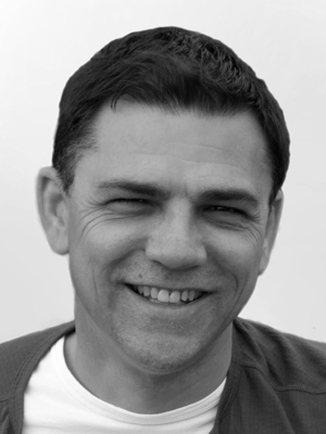If you are motivated to try to prevent yourself from reliving a flashback of that initial trauma, anything that you experience around the period of time of suppression tends to get sucked up into this black hole as well. source Dr Justin Hulbert in the Guardian A new study out in Nature Communications, Inducing amnesia through systemic suppression, looks at the effect suppressing memory had on overall recall. In their study, particpants were shown pairs of words to learn and then were asked to suppress the memory of one of the words. At a later stage they were shown an unusual picture, such as a peacock in a car park, and asked to make up a story about the picture. After further testing, they were asked to recall the image in the unusual picture. The people who had suppressed their memories in the pair recall found it more difficult to recall the unusual image. During the experiment they also showed reduced activity in the Hippocampus, a part of the brain responsible for memory. The researchers argued that memory suppression creates an amnesiac shadow. Why is this study important?
It's long been known that trauma can have a long lasting impact on memory.
There is also a growing body of evidence which suggests childhood trauma can lead to an increased risk of dementia in old age, such as this study in PLOS. This new study suggests a mechanism of how these effects might occur. What about the limitations of the study?
They only tested the effect of memory suppression on recall for the duration of the study. They don't really know how far reaching this 'shadow' is. The study ideally needed to have a follow up to see if there were any lasting effects.
Importantly, the memory suppression was voluntary - that is the participants had to consciously suppress their memory, and it wasn't easy to do. They had to be taught techniques to be able to do it successfully. Clearly, people typically do not know how to suppress their memories, which then leads me to question whether they could voluntarily suppress memory in real world situations. When a person is traumatised, memory suppression is largely involuntary. It just happens, without any real conscious effort. The mechanisms in these two situations may be different. A traumatic event involves massive activation of multiple areas of the brain. A study by Liberzon et al in 1999 unintentionally caught a PTSD flashback in one of their subjects, who exhibited a "dramatic" alteration of brain blood flow. So we might hypothesise that in a traumatic episode, it these 'dramatic' events which are causing memory suppression, rather than an act of memory suppression by the individual. And just when I was liking the article...Brewin believes the study supports current approaches to tackling PTSD, which advises against suppressing recollections. “We know that is harmful in other ways, not just to their memories, because it prevents them from really coming to terms with the event, and desensitising themselves to the horrific experiences they’ve had” he says. “So all the things that therapists already are doing are the right things according to this theory as well.” Source The Guardian I had a very strong reaction to this part. A thought cascade in my head went, "No! No! No!" While, what Brewin says is factually correct. Therapists do not work to suppress traumatic memories, his assertion gives the impression that recall of traumatic episodes is essential for recovery. It harks back to an old and harmful practice where therapists believed encouraging people to talk about 'it' helped. There is a very high risk that recalling a traumatic event may re-immerse the person in the event, re-creating feelings of panic, and in the process re-traumatise them. Re-living the event makes the trauma worse. footnote #1 As a therapist, I approach recall of traumatic memories with caution. There are several techniques I use, such as distancing, braking, using anchors, and the body as a container, which can help a person more safely process traumatic memories. Sudden and unexpected recall of traumatic memories can be extremely de-stabilising, and very harmful. For some people recall may not be possible or desirable. It is important to state, people can still be helped with traumatic memories without ever needing to remember them.
#1 when using research to guide practice, it is important to weigh competing evidence, taking a wider view, and not be guided by the results of a single study. Here there is a tension between hypotheses. Is the harm in trauma caused by an act of memory suppression, or is it caused by the changes associated with the traumatic event? There is a tension between the possible harms caused by suppression, and the possible harms caused by the act of recall.
title image by yacov shpeizer
0 Comments
Leave a Reply. |
Categories
All
Archives
January 2021
|
BioI'm Mark, a Humanistic Counsellor. |
Home - Testimonials - Articles - Links - Contact - Book Appointment - Counselling Students - Privacy Policy - Terms
Mark Redwood, BA (Hons) Counselling, MBACP
© Mark Redwood 2015, 2016.2017 | Main portrait by Doug Freegard © 2015


 RSS Feed
RSS Feed